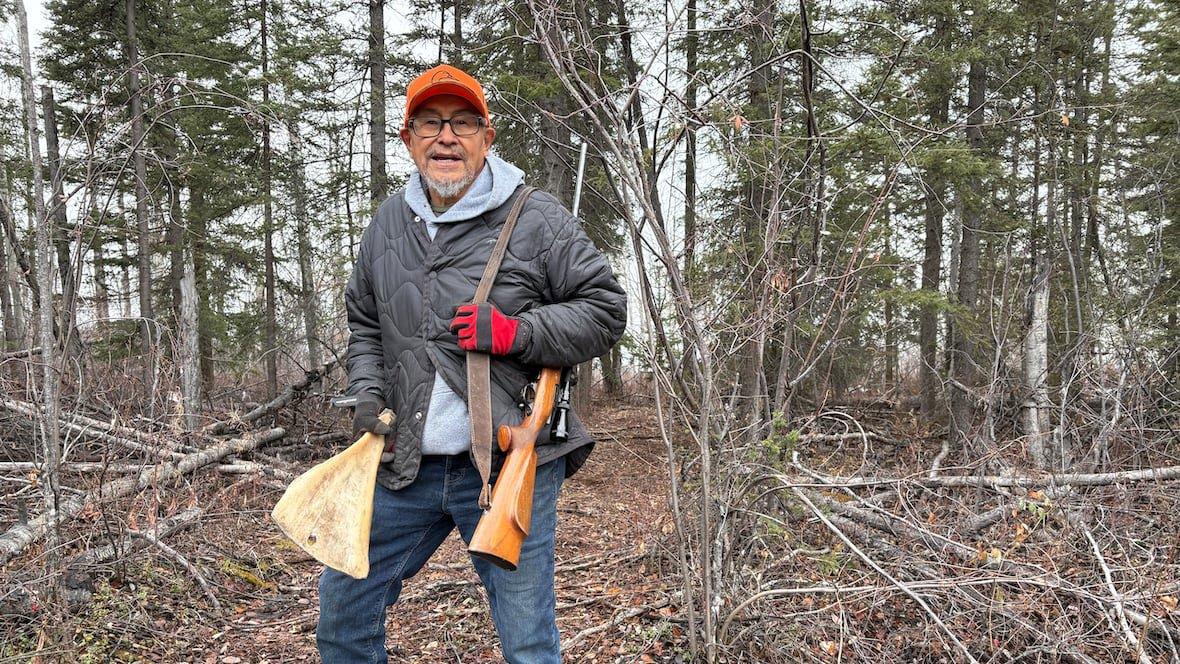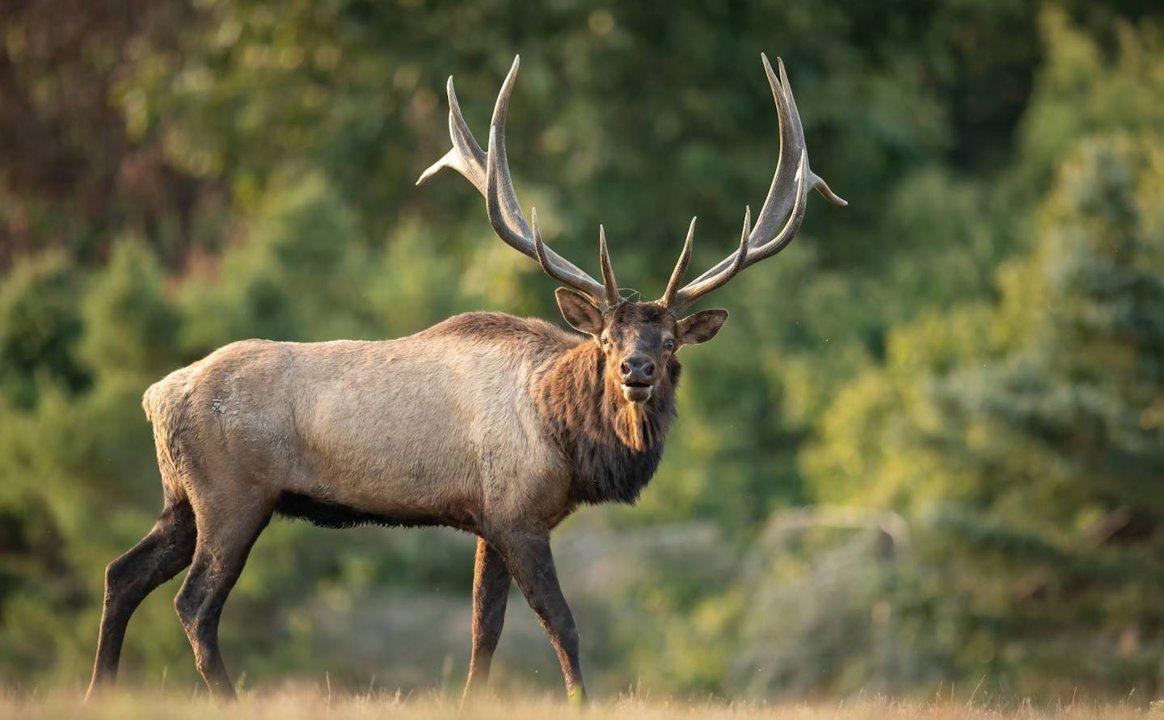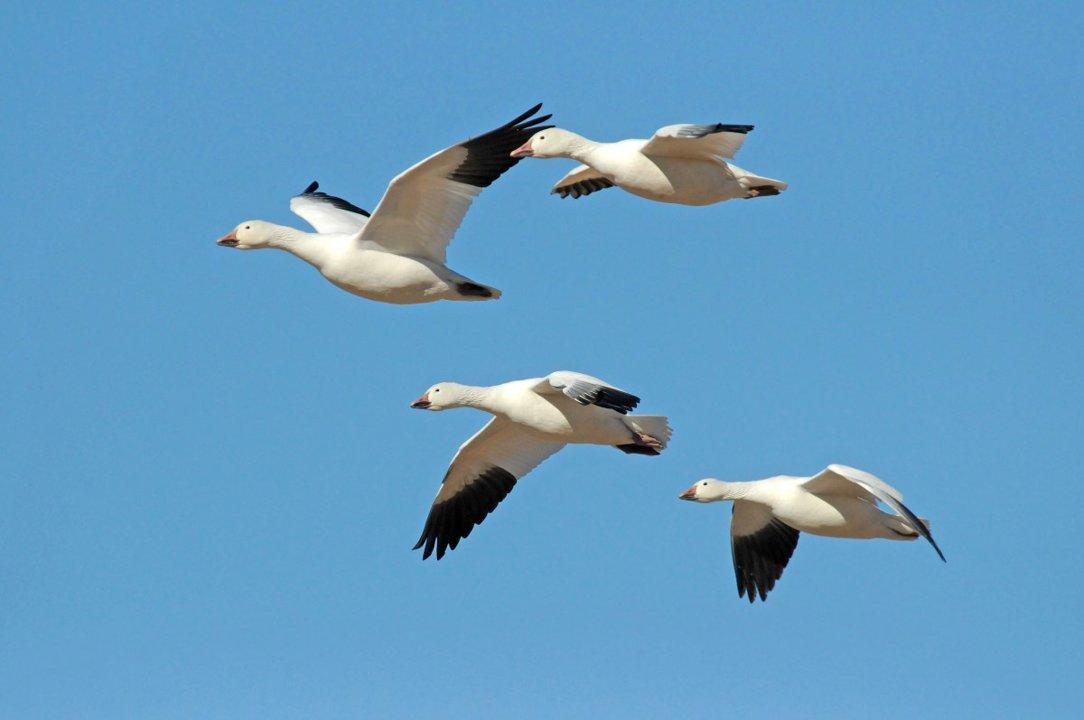Post
Alberta confirms first grizzly bear killed under new Wildlife Management Responder Network
Alberta’s government has confirmed that a grizzly bear was lethally removed by a member of its Wildlife Management Responder Network—marking the first such incident since the program was launched in summer 2024. 🐻 Grizzly Bear Shot by Designated Responder According to the Ministry of Forestry and Parks, four designated responders have been called out to deal with grizzly-related conflicts since the program began. Only one bear has been killed. The ministry did not disclose the location or date of the incident. The Wildlife Management Responder Network was created to address “negative grizzly-human interactions,” particularly in cases involving livestock predation. The program allows selected hunters to respond to specific wildlife conflicts and, if necessary, kill the animal. 🎯 Program Details and Controversy Under the program, responders are permitted to keep the bear’s meat, hide, and other parts—except the gallbladder—after a kill. The province maintains that this is not recreational hunting but a targeted management strategy. However, critics argue the program lacks transparency and oversight. Wildlife experts have raised concerns about the potential for misidentification and the ethical implications of allowing civilians to carry out lethal wildlife control. 📈 Grizzly Population and Human Conflict Forestry and Parks Minister Todd Loewen said the program was introduced in response to Alberta’s growing grizzly population, which has increased from approximately 800 to over 1,150. This rise has led to more frequent bear sightings and incidents involving livestock. Loewen emphasized that Alberta is also investing in habitat restoration and public education through initiatives like Bear Smart, aiming to reduce human-wildlife conflict. 📢 Ongoing Debate While the province views the Wildlife Management Responder Network as a necessary tool, conservationists continue to question its long-term impact on Alberta’s grizzly population. The debate over balancing wildlife protection with rural safety remains active.
Oliver Wilson
No comments yet
See other news Canada: all about hunting and fishing, news, forum.

Low Water Levels on Mackenzie River Disrupt Fall Hunting in N.W.T. Hunters in the Northwest Territories are facing serious challenges this fall as historically low wate
29 October 7:27

Alberta Joins Global Conservation Group: What It Means for Hunters Alberta becomes the first North American jurisdiction to join the International Council for Game and
23 October 9:45

71-Year-Old Man Fatally Shot During Hunting Trip in Northern Ontario A 71-year-old man from Greater Napanee, Ontario, was shot and killed during a hunting trip near Kea
23 October 9:41

Assiniboia Man Charged with Illegal Elk Hunting in Northern Saskatchewan A man from Assiniboia, Saskatchewan, faces charges after conservation officers discovered a dea
22 October 23:06

Saskatchewan Wildlife Scandal: 142 Migratory Birds Found Dumped Near Patience Lake Conservation officers in Saskatchewan are investigating the illegal dumping of 142 mi
22 October 22:27
UH.APP — Social media network and application for hunters